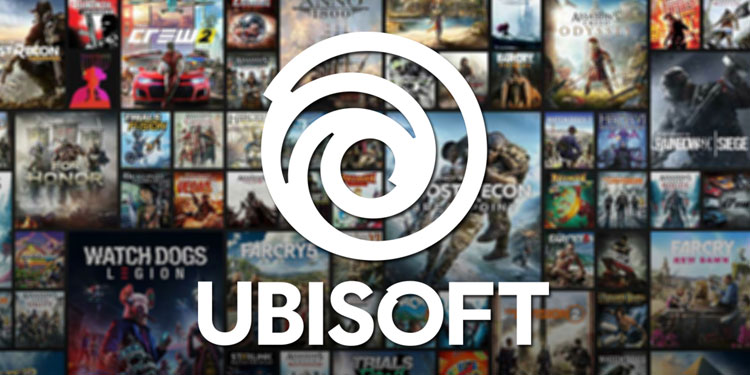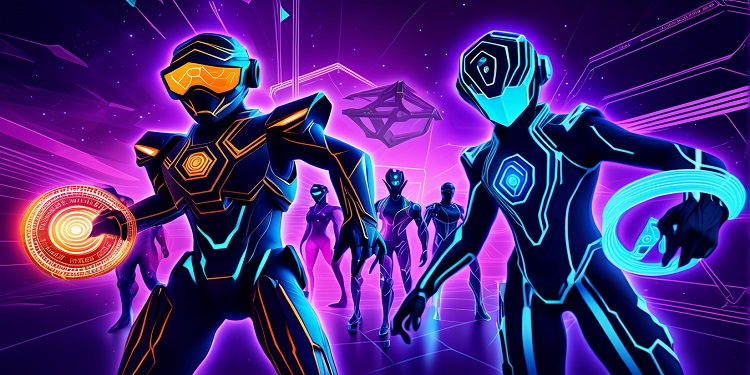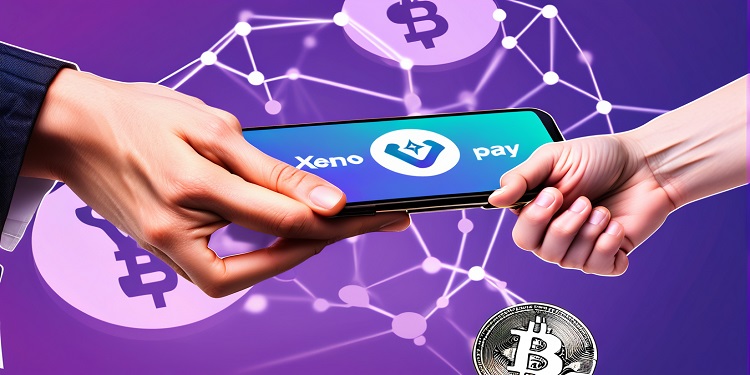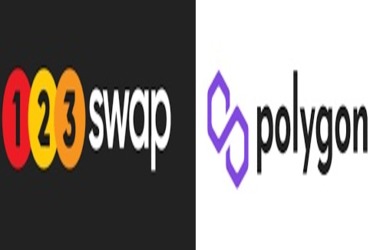 Ubisoft has made its first entrance into the area of blockchain technology and non-fungible tokens (NFTs). Called Ubisoft Quartz, the platform will sell limited-edition decorative items for Ubisoft games that can subsequently be resold for Bitcoin on third-party platforms. It will begin in beta on December 9 with Ghost Recon Breakpoint items.
Ubisoft has made its first entrance into the area of blockchain technology and non-fungible tokens (NFTs). Called Ubisoft Quartz, the platform will sell limited-edition decorative items for Ubisoft games that can subsequently be resold for Bitcoin on third-party platforms. It will begin in beta on December 9 with Ghost Recon Breakpoint items.
Ubisoft Quartz’s NFT products are dubbed Digits, and each one is a limited edition in-game cosmetic item. Each digit is ‘unique’ due to the presence of a serial number on the object. For instance, a rifle’s serial number may be engraved on the magazine, or the rim of a helmet may be ‘engraved.’
Additionally, your Ubisoft Connect account is encoded in the Digit’s information. As new owners acquire a Digit, their usernames are added to the information, establishing a chain of ownership for the NFT. Along with the in-game cosmetic item, a Digit includes a video of the item being utilized in-game.
Three Digits will be available for Ghost Recon Breakpoint’s Ubisoft Connect PC edition when Ubisoft Quartz opens on December 9: a ‘Wolves’ skin for the M4A1 Tactical rifle, a helmet, and a set of trousers. These Digits will be given out for free, but must be claimed within a certain time period (drops will occur on December 9, 12, and 15). Additionally, players must meet specific conditions in order to claim them: the rifle demands reaching XP level 5 in Ghost Recon Breakpoint, while the trousers and helmet require at least 100 hours of play.
As Baptiste Chardon, Ubisoft’s Blockchain Business and Product Director, notes, “the aim with this initial batch is to concentrate on our most engaged users.” This strategy seeks to guarantee that legitimate Ubisoft gamers get Digits, rather than those intending to exchange them on third-party markets.
Additionally, users are restricted to possessing just one of any Digit, emphasizing scarcity and preventing users from farming collectibles. If any of this interests you, joining up for Ubisoft Quartz is subject to a number of criteria.
Additionally, the beta is only accessible in a limited number of countries: Canada, the United States of America, Brazil, France, Germany, Spain, Italy, Belgium, and Australia.
While Ubisoft Quartz will start in beta, and while further Digits releases are planned for 2022, it’s apparent that the system is still in its infancy and is experimental in nature.
This implies that, for the time being, the emphasis will be on aesthetics rather than any kind of blockchain-based gaming system. “We are entirely focused on cosmetics,” Chardon explains. “I have my doubts that it will alter an established game. There will be no effect on gameplay as a result of what we’re doing currently.”
However, why does Ubisoft want to enter the blockchain and NFT space? According to the publishers’ Strategic Innovation Lab, it’s about transforming gamers into “stakeholders” and placing value in their hands.
“Our long-term efforts have led us to understand how blockchain’s decentralized approach can genuinely make players stakeholders in our games, while also being sustainable for our industry, by redistributing the value they generate online through the time they spend, the items they purchase, or the content they create,” Nicolas Pouard, vice president of Ubisoft’s Strategic Innovation Lab, said in a press release.
“Ubisoft Quartz is the foundation for our audacious goal of creating a real metaverse.”
From the outside, it’s immediately unclear what Ubisoft may benefit from this. With the NFTs being distributed for free, at least during this first drop, the publisher will earn no direct revenue.
However, the company’s wealth may derive from sources other than the NFTs itself.
If subsequent Digits need hundreds of hours of gaming to unlock, this might be a method to entice a pro-NFT community to play a large number of Ubisoft titles, resulting in the purchase of micro-transaction goods, DLC upgrades, and perhaps other games (the decentralized nature of Digits means they could, theoretically, move from game to game).
An even more significant concern is Ubisoft Quartz’s environmental effect, despite the publisher’s Strategic Lab’s assurances that the system is energy efficient. Quartz is based on the Tezos blockchain network, which employs a ‘proof-of-stake’ method that is more energy efficient than the ‘proof-of-work’ systems used by other blockchains, such as the Bitcoin network.
According to Ubisoft, a Quartz transaction consumes one million times less energy than a Bitcoin transaction; the system is equivalent to 30 seconds of video streaming, as opposed to one year of video streaming for Bitcoin.
Ubisoft unveiled its blockchain aspirations earlier last year using the phrase “play-to-earn,” a notion that we can see in action with Quartz’s need for hundreds of hours of gameplay to unlock its Digits. While this is the first foray into blockchain in the AAA category, the gaming industry has been flirting with the notion for some time. As a result, Valve has taken a hard line against the notion, prohibiting blockchain games that use NFTs from Steam. Epic Games, on the other hand, is fine with blockchain games.








